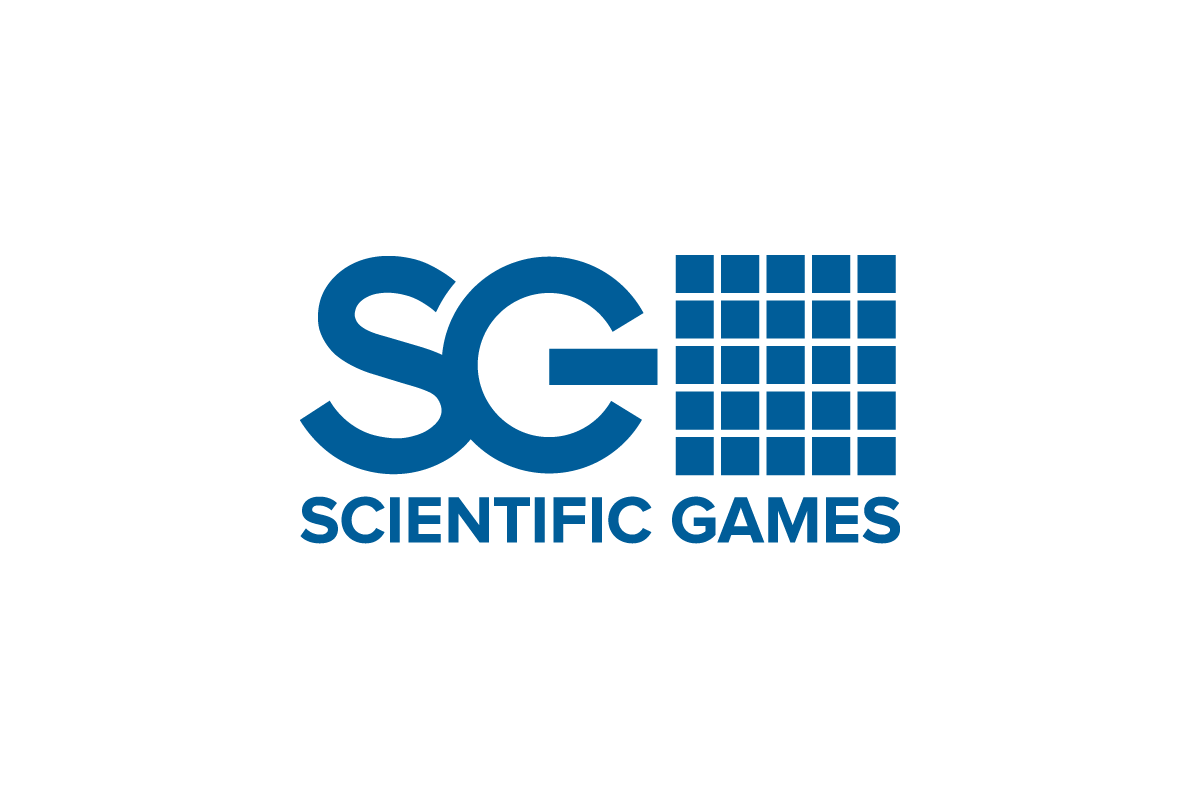Compliance Updates
MGA Exploring the Development of a Voluntary ESG Code of Good Practice for Remote Gaming Sector
The Malta Gaming Authority (MGA) is exploring the development of a voluntary Environmental, Social and Governance (ESG) Code of Good Practice for the remote gaming sector.
As noted by the MGA, the idea comes amid investors, consumers and employees becoming “increasingly aware of the impact that companies have on society and the environment,” which has resulted in a growing awareness of ESG matters.
Concerning this matter, the Maltese Government in recent years has launched a voluntary ESG reporting platform in a bid to encourage companies to publicly report on their ESG performance. This will then hopefully drive investment towards sustainable business.
Starting from 2024, all large or listed groups will be required to report under the Corporate Sustainability Reporting Directive (CSRD), with the MGA now embarking on a journey to develop a voluntary code for the remote gaming sector. It aims to help guide and prepare local licensees for upcoming ESG legislation and to gain the benefits associated with running a “sustainably conscious operation.”
The code aims to establish the common priorities for ESG in gaming, with the needs of key stakeholders taken into consideration. Reducing environmental, social and governance impacts whilst continually enhancing Malta’s reputation as a leading Gaming jurisdiction is also being taken into consideration.
The MGA added: “Looking ahead, we expect to see more and more companies taking concrete actions towards becoming more sustainable, and we believe that reporting such efforts contributes positively to implementing change within the sector and improving its overall perception, while also addressing the increasing demand for transparency and accountability in the industry.
“As part of this initiative, the MGA has launched a survey with its licensees who are the key partners in the process of transforming the gaming sector into a more sustainable and transparent one.”
Compliance Updates
California Gambling Control Commission Reviews Licensing and Ownership Transfers at September 18 Meeting

The California Gambling Control Commission (CGCC) convened for its scheduled public meeting to deliberate on a wide range of licensing and regulatory matters related to cardrooms, third-party providers, tribal gaming, and key individuals in the gambling industry. The Commission addressed ownership transfers, license renewals, regulatory compliance, and findings of suitability for tribal gaming employees and suppliers.
Highlights from the Meeting
Cardroom Licensing and Ownership Transfers
Commerce Casino (California Commerce Club, Inc.)
- Initial License Approval: The Commission recommended approving an initial cardroom owner license for James Murray, Director of the Commerce Casino, through March 31, 2027.
- Ownership Transfer: The Commission approved a share transfer from Marsha Gold to the Marsha L. Gold Revocable Trust, subject to the transaction closing within 180 days and written confirmation of compliance with imposed conditions.
- Successor Trustee Licensing: The license for Jill Anter Wieder, Successor Trustee of the trust, was also approved through March 31, 2027, pending the completion of the ownership transaction.
- Additional Conditions: The Commission imposed a detailed list of conditions on the license, including certification requirements, written transaction confirmations, and mandatory legends on stock certificates to ensure regulatory compliance.
Napa Valley Casino (BVK Gaming, Inc.)
- Ownership Transfer: Similar to Commerce, the transfer of shares from Von Altizer to the Von Altizer 2017 Revocable Trust was conditionally approved.
- Successor Trustee Licensing: Applications from Christopher and Bobby Huang, successor trustees and contingent beneficiaries, were approved through May 31, 2026, contingent upon the transaction’s completion.
- Interim License Conditions: The Commission imposed a set of conditions mirroring those required for Commerce Casino, ensuring the integrity of ownership transitions.
Renewal and Interim Licenses
Seven Mile Casino (Stones South Bay Corp.)
-
A new interim renewal license was approved through September 30, 2027, with prior licensing conditions officially removed.
Commerce Casino Directors
- Rick Contrucci: The Commission opted to abandon the renewal application.
- Lysa Grigorian: The application was referred to an evidentiary hearing, and an interim license was issued through March 31, 2027.
Other Cardrooms
- Limelight Card Room: License renewed through March 31, 2027.
- Lucky Chances Casino: A 90-day extension was granted through December 31, 2025, with strict restrictions on property access and communications for Rene Medina, tied to a 36-month probationary period.
- North Coast Casino and The River Card Room: Both granted 60-day extensions with multiple compliance conditions required prior to opening or continuing operations.
Third-Party Proposition Player Services
Renewals and Initial Licenses Approved
- Owner-Type Licenses for Global Player Services and Players Edge Services were renewed through 2027.
- Employee-Type Licenses: Dozens of third-party proposition player service employees were approved or renewed, including workers from Knighted Ventures, Blackstone Gaming, and Acme Player Services.
- Conditions on some licensees, such as Glenn Kaboua, included proof of fine resolution every 90 days.
Tribal-State Compact Licensing
Gaming Resource Suppliers
-
Everi Games Inc. and LNW Gaming, Inc. received approval for initial and renewal suitability findings, with licenses valid through early 2026.
Key Tribal Employee Licensing
-
A significant number of tribal casino employees across the state received initial or renewed findings of suitability. These included employees from:
-
Chumash Casino Resort
-
Thunder Valley Casino Resort
-
Fantasy Springs Resort Casino
-
Graton Resort & Casino
-
Hard Rock Hotel & Casino Sacramento, among many others.
-
-
The Commission emphasized continuous monitoring of suitability, especially for applicants under conditional approval like Tatianna Wren, who must provide quarterly updates on efforts to resolve outstanding fines.
Key Individual Decisions
-
Huy Dang: The Commission approved the renewal of Dang’s Key Employee License through September 30, 2027, removing prior conditions related to court-mandated classes and debt resolution.
Consent Calendar Items
-
Items 15 through 21 included approvals for initial and renewal licenses for various employees, work permits, and tribal key employees. All items were approved per staff recommendations.
Conclusion
The September 18, 2025, meeting of the California Gambling Control Commission underscored the Commission’s ongoing role in maintaining transparency, accountability, and integrity in the state’s gambling industry. With careful review of ownership changes, key personnel, and operational compliance, the CGCC continues its commitment to fair and responsible gambling practices in California.
For full details and future updates, visit the California Gambling Control Commission website
The post California Gambling Control Commission Reviews Licensing and Ownership Transfers at September 18 Meeting appeared first on Gaming and Gambling Industry in the Americas.
American Gaming Association
Hard Rock Bet Launches New Responsible Gaming Website

Hard Rock Bet has launched a responsible gaming website offering educational content, support resources, and interactive tools.
The Seminole Hard Rock Digital operator said its portal contains information on setting deposit, wager, and session limits.
Users can also find information on using time-out features and self-exclusion, with links to national and state-level resources also included.
“We consider ourselves to be our players’ partner in responsible gaming, and this new site gives our community the guidance, tools and support needed for a confident and enjoyable gaming experience,” said Danny Crook, Hard Rock Digital’s senior vice president of operations.
The responsible gaming website is part of Hard Rock Bet’s role in Responsible Gaming Education Month in the US, organised by the American Gaming Association.
The post Hard Rock Bet Launches New Responsible Gaming Website appeared first on Gaming and Gambling Industry in the Americas.
Compliance Updates
SOFTSWISS Compliance Expert Shares Knowledge on AML in iGaming for Sumsub Academy

SOFTSWISS, a global tech provider with over 15 years of iGaming expertise, announces that its Head of Anti-Money Laundering (AML) team, Eleni Panagiotopoulou, has been invited to deliver a lecture for AML Fundamentals, the newly launched training programme by Sumsub Academy. The course, which goes live on 15 September 2025, offers free online access to compliance professionals worldwide.
AML has become one of the most pressing topics for a wide range of highly regulated sectors. Regulators are intensifying oversight, and companies face increasing responsibilities to safeguard their operations and the wider financial system. Against this backdrop, Eleni’s participation underscores both SOFTSWISS’s expertise in compliance and its commitment to supporting the iGaming industry.
Drawing on her experience across operators, regulators, and compliance leadership roles, Eleni participates in the iGaming-focused module of the six-part course. Her sessions explore how money laundering risks manifest in casinos, betting platforms, lotteries, and online gaming environments, and how operators can strengthen their frameworks to meet evolving regulatory expectations.
Speaking ahead of the course launch, Eleni Panagiotopoulou said: “iGaming is one of the fastest-paced and high-risk sectors when it comes to financial crime. In countries where gaming is a cornerstone of the economy, AML compliance isn’t just a regulatory requirement; it’s a business imperative. Through this course, I look forward to sharing practical, industry-specific insights that compliance teams can put into action straight away.”
Natalie Buraimoh, Head of AML Product at Sumsub, added: “We’re pleased to be working with leading partners like SOFTSWISS to bring additional iGaming expertise into this course, helping professionals address some of the sector’s most complex AML challenges. After ten years of helping businesses navigate compliance, we know how quickly AML requirements evolve, and our aim is to deliver accessible training that professionals at every level can apply in their daily work.”
The Sumsub Academy AML Fundamentals course brings together leading experts from across the financial crime prevention space, including specialists in fintech, payments, and crypto. Participants who complete the programme will receive a shareable AML certificate.
For SOFTSWISS, this appointment highlights the company’s growing influence in global compliance conversations, while reinforcing its deep roots in Malta’s iGaming ecosystem.
About SOFTSWISS
SOFTSWISS is an international technology company with over 15 years of experience in developing innovative solutions for the iGaming industry. SOFTSWISS provides comprehensive software for managing iGaming projects. The company’s product portfolio includes the Casino Platform, the Game Aggregator with over 35,000 casino games, Affilka Affiliate Platform, the Sportsbook Platform, and the Jackpot Aggregator. The expert team, based in Malta, Poland, and Georgia, counts over 2,000 employees.
The post SOFTSWISS Compliance Expert Shares Knowledge on AML in iGaming for Sumsub Academy appeared first on European Gaming Industry News.
-

 gaming3 years ago
gaming3 years agoODIN by 4Players: Immersive, state-of-the-art in-game audio launches into the next generation of gaming
-
EEG iGaming Directory9 years ago
iSoftBet continues to grow with new release Forest Mania
-
News8 years ago
Softbroke collaborates with Asia Live Tech for the expansion of the service line in the igaming market
-
News7 years ago
Super Bowl LIII: NFL Fans Can Bet on the #1 Sportsbook Review Site Betting-Super-Bowl.com, Providing Free Unbiased and Trusted News, Picks and Predictions
-
iGaming Industry8 years ago
Rick Meitzler appointed to the Indian Gaming Magazine Advisory Board for 2018
-
News7 years ago
REVEALED: Top eSports players set to earn $3.2 million in 2019
-
iGaming Industry8 years ago
French Senator raises Loot Boxes to France’s Gambling Regulator
-
News7 years ago
Exclusive Interview with Miklos Handa (Founder of the email marketing solutions, “MailMike.net”), speaker at Vienna International Gaming Expo 2018







